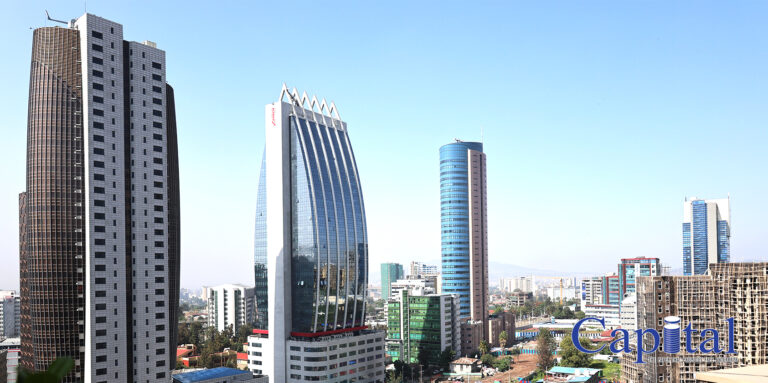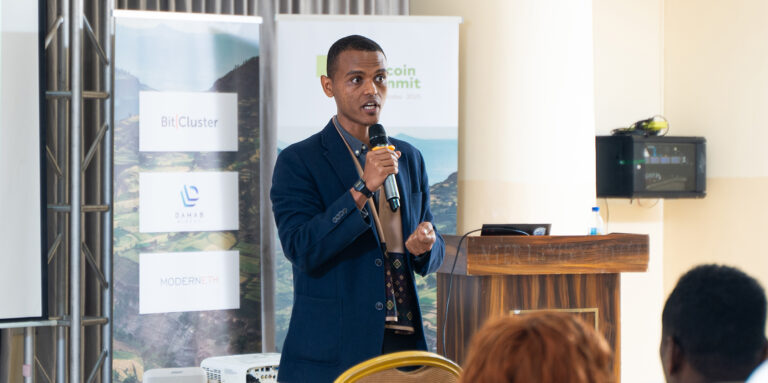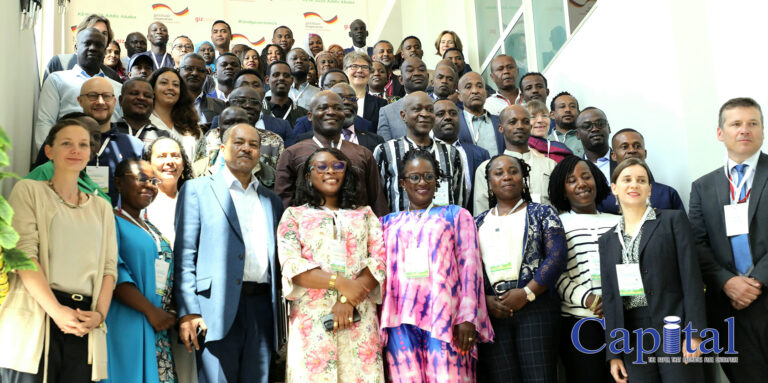Ethiopia’s financial sector is at a watershed moment as the National Bank of Ethiopia (NBE) intensifies its crackdown on the informal remittance market—an unofficial network that for years has funneled billions of dollars outside the formal banking system. This hidden economy has long undermined Ethiopia’s efforts to increase foreign exchange reserves, which are crucial for economic stability and growth.
The NBE has issued strong warnings to the Ethiopian diaspora, particularly those in major hubs such as the United States, urging them to stop using unlicensed money transfer operators. Instead, the diaspora is encouraged to conduct remittance transactions exclusively through legally authorized financial institutions. This directive is part of a broader strategy aimed at consolidating foreign exchange inflows into formal channels, thereby improving transparency and regulatory control.
Efforts to reclaim the remittance market have already gained momentum. Leading banks like the Commercial Bank of Ethiopia (CBE) and Dashen Bank have inked partnerships with international money transfer companies, collaborating with financial hubs across the United Arab Emirates and Saudi Arabia. These agreements aim to offer competitive alternatives to the informal services that have thrived for decades by providing faster, cheaper, and more accessible transactions.
Despite these promising developments, financial experts caution that banks face a significant risk of “losing twice” if these new arrangements fail. Eyasu Theodros, a U.S.-licensed financial advisor, explains that if trusted services are not restored, the cash flow will revert to the informal market, worsening foreign exchange shortages while damaging the reputation of formal financial institutions. “It’s not just about competing on price or speed—it’s about building trust,” Eyasu notes. “The informal market succeeds because it offers customers speedy service, transparent processes, and reliability. Banks must meet these expectations to win back users.”
The challenge, however, extends beyond efficient money transfers to fostering lasting relationships. Remittances are more than just transfers—they represent income for rent, education, healthcare, and daily living expenses. Many recipients use the funds immediately, which limits opportunities for the money to accumulate in savings or investment products within the banking system. Eyasu, a financial strategist, emphasizes the importance of converting single remittance transactions into ongoing engagement with banking services, such as savings accounts, investment opportunities, or credit products. “Without this, money will simply flow out quickly, even if it passes through formal channels,” Eyasu says.
This paradigm shift calls for a fundamental change in the banking mindset, focusing on customer experience and trustworthiness above traditional financial controls. Banks must streamline processes, reduce bureaucracy, maintain transparent exchange rates, and eliminate hidden fees to provide a seamless, secure transaction experience. Such steps could build confidence and gradually foster deeper financial inclusion for the diaspora community.
Recent data from the NBE shows progress: foreign exchange earnings rose 33 percent to $32 billion, with remittances contributing an estimated $7.1 billion. Daily foreign currency sales from banks to businesses have more than doubled to $25 million from $11 million a year ago. However, the informal market’s deep-rooted presence in local communities and abroad remains a formidable challenge that law enforcement alone cannot solve.
The NBE acknowledges the complexity of the issue, recognizing that closing down illegal operators is only part of the solution. Convincing the diaspora that formal channels offer a safer, more beneficial way to send money is equally crucial. Building trust through better services and products will determine the success of Ethiopia’s campaign against informal remittance networks.
In the coming months, the Ethiopian banking sector will be tested on its ability to innovate, adapt, and compete effectively. Their success in attracting remittance flows back into the formal economy will play a pivotal role in strengthening foreign exchange reserves, stabilizing the economy, and supporting sustainable growth. This drive to reclaim the remittance market could mark a vital turning point for Ethiopia’s financial system and economic future.






